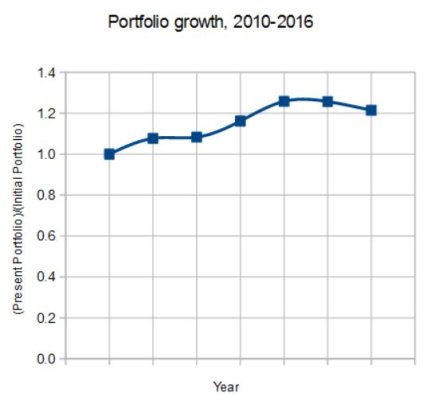I think planning to spend money may be putting the cart before the horse. I hate to spend money per se, but i like to eat out, go out with GF, go to the Symphony, eat good food at home, and to a greater or lesser degree these all cost money.
So if I feel that spending that money will not make me less secure, and it does not push me over 4%, I suppose I might go ahead. Otherwise, I am more concerned about how awful it feels to be money stressed than any idea that I "should spend more money". I hear you clearly- no more money remains for either of us where that money came from, so like you I feel that I had better treat it with the utmost respect. Money is potential energy, all that water behind a dam, just eager to spin the turbines and make power. But once that power is used, that's that!
If somebody tells me that I am tight-fisted, I'll say damn right, and I plan to stay this way.
Ha

